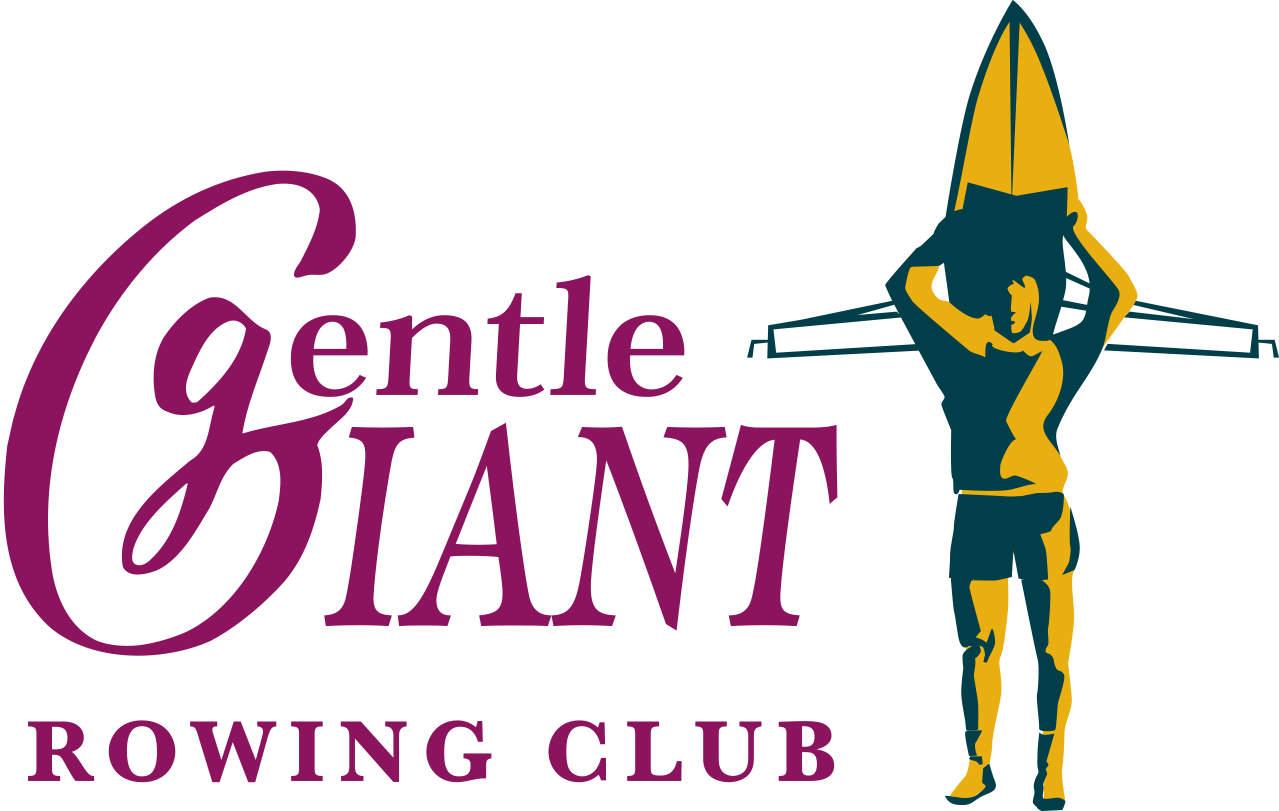GGRC is looking for both novice and experienced coxswains. Never coxed before? We’ll teach you how!
The coxswain (or cox) is an essential part of rowing. The main priorities of the cox are steering the boat, the safety of the crew, and enabling the boat to move as quickly as possible. The coxswain motivates, delegates and steers the boat. They are the "coach" in the boat.
We asked current GGRC team members what they love about about being a coxswain. Read on below for their perspectives.
If you wish to learn to be a coxswain, please email us at membership@gentlegiantrowing.org.
Audrey Purcell
“What is a boat of powerful rowers without a coxswain? Well, what is a body without the brain? Sheer muscle power and energy potential without direction; strength and intense will, missing the organization of focused kinetics. A coxswain helps the rowers hone in on their abilities, instills confidence to push past their brinks of exhaustion, and synthesizes the strengths within each rower; synchronizing the power of each individual into one moving force. A coxswain helps change potential into action. “
Emme Rosenberg
Emme Rosenberg
“Coxing is like being a jockey but instead of a horse, you've got a bunch of rowers. If that sounds crazy, I can only say, "welcome to crew". I cox because it's a challenge. You steer, you motivate, and you keep everyone in the boat together. Usually all at the same time. Sometimes you end up being mentally tough for eight other people. What you do as a coxswain can add speed to the boat. It's an adrenaline kick. Try it. You'll see what I mean.”
Nick Hopkins
Nick Hopkins
"I always think of a crew boat like a single body. And the coxswain is the brain. Each of the rowers is like a limb. You don’t need to tell your legs precisely each action to take in order to walk you just think about walking and your body does it. For me coxing is the same. I don’t tell the rowers each step in the process of how to row, I just tell them what I want and try to coordinate the movements so that it is efficient and coordinated.
To do this well you need to know the limits of your crew, what their bad habits are, what their strengths are, and what good rowing looks and feels like so you know what to strive for. Luckily you get all this just by spending time in the boat. Like many things with crew, it takes a few hours to learn and a lifetime to master."




